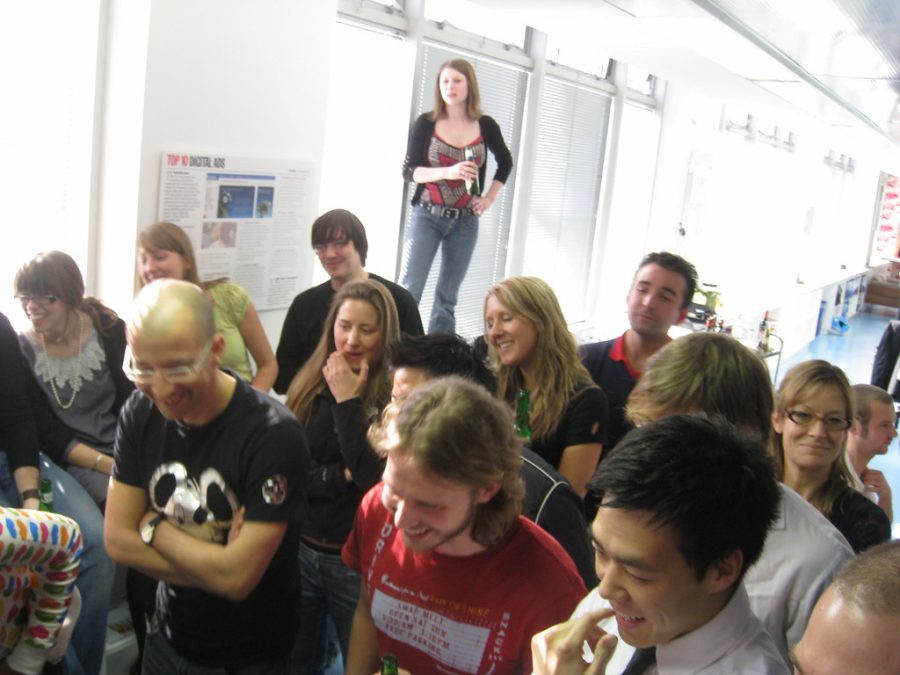Peer Pressure in a School Context
Peer pressure is a growing problem around the world, especially in America. But what is peer pressure? Peer pressure, as defined by Merriam Webster, is “the influence wielded by people within the same social group.” In other words, peer pressure is the ability of a group of people to pressure or manipulate someone else in that friend group into performing specific actions. For example, “38% of individuals between the ages of 15 and 24 report that they have been pressured by peers to drink alcohol” (study.com).
There are five types of peer pressure: spoken, unspoken, direct, and negative and positive peer pressure. Spoken peer pressure is verbal, including commanding, persuading, or suggesting someone to perform an action, such as smoking cigarettes. In contrast, unspoken peer pressure occurs when decisions are made through nonverbal cues or actions, such as threatening gestures from others. Next, direct peer pressure is when someone is “commanded” or heavily pressured into doing something. Lastly, negative/positive peer pressure. Peer pressure doesn’t have to be bad: it could be persuading a friend to make the right decision in conflict as well—it isn’t all about persuading someone to smoke or to drink alcohol.
However, peer pressure does come with repercussions. In negative peer pressure, the focus of this article, some examples of repercussions include significant drops in grades, family problems, and loneliness. While one might think it’s quite easy to resist peer pressure, this is not the case, as rejecting peer pressure can often lead to changing friends, a social tag, and stress. Giving in to peer pressure has its own consequences as well: the stress caused by peer pressure could lead to estrangements from parents, truancy, and students performing unhealthy actions. However, if a student were to overcome peer pressure, it can lead to a sharp increase in self-confidence.

The pressure to conform to others’ standards can be extremely compelling and hard to ignore. Truth be told, responding to peer pressure is part of human nature. The human brain is conditioned to do what other people are doing; in other words, our brain is extremely sensitive to the idea of “lead by example.” However, peer pressure can be combated.
-Tip 1: Follow your gut instinct: If anything ever makes you uncomfortable, don’t do it. Your gut instinct is likely correct, so don’t double-think yourself and your actions.
-Tip 2: The word “no” is extremely powerful, more than many might initially think. Saying “no” has been shown to make people feel empowered and to build self-confidence. Saying “no” can help you fight peer pressure.
-Tip 3: Don’t engage yourself in any situations that are dangerous. Doing so could potentially get yourself or others hurt and could lead to consequences in the future.

Aarav Gedala is a junior at Keystone School who is interested in writing about a variety of topics, including fashion and health.

